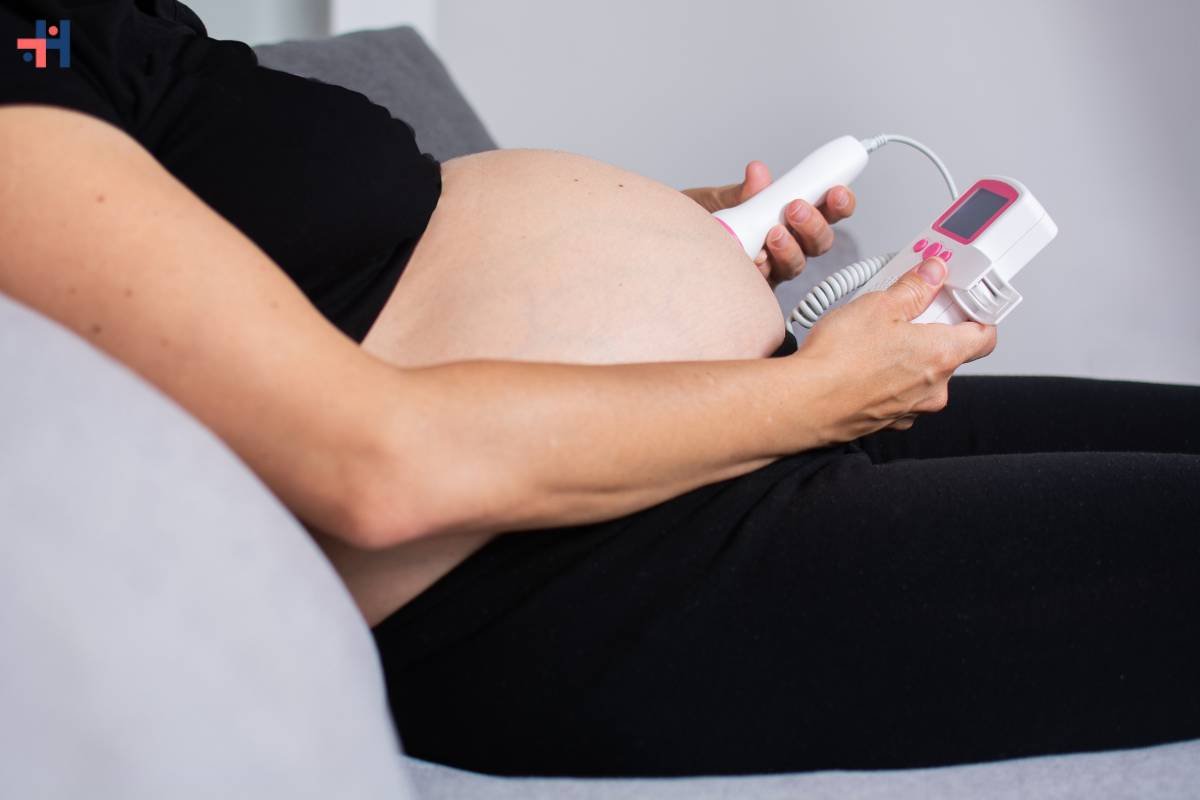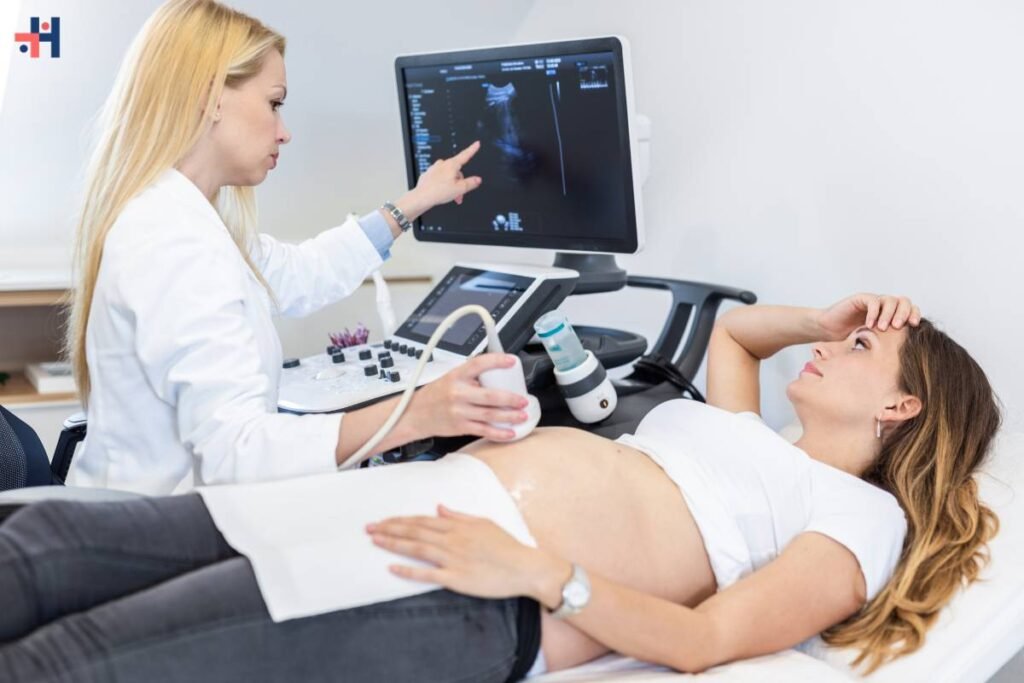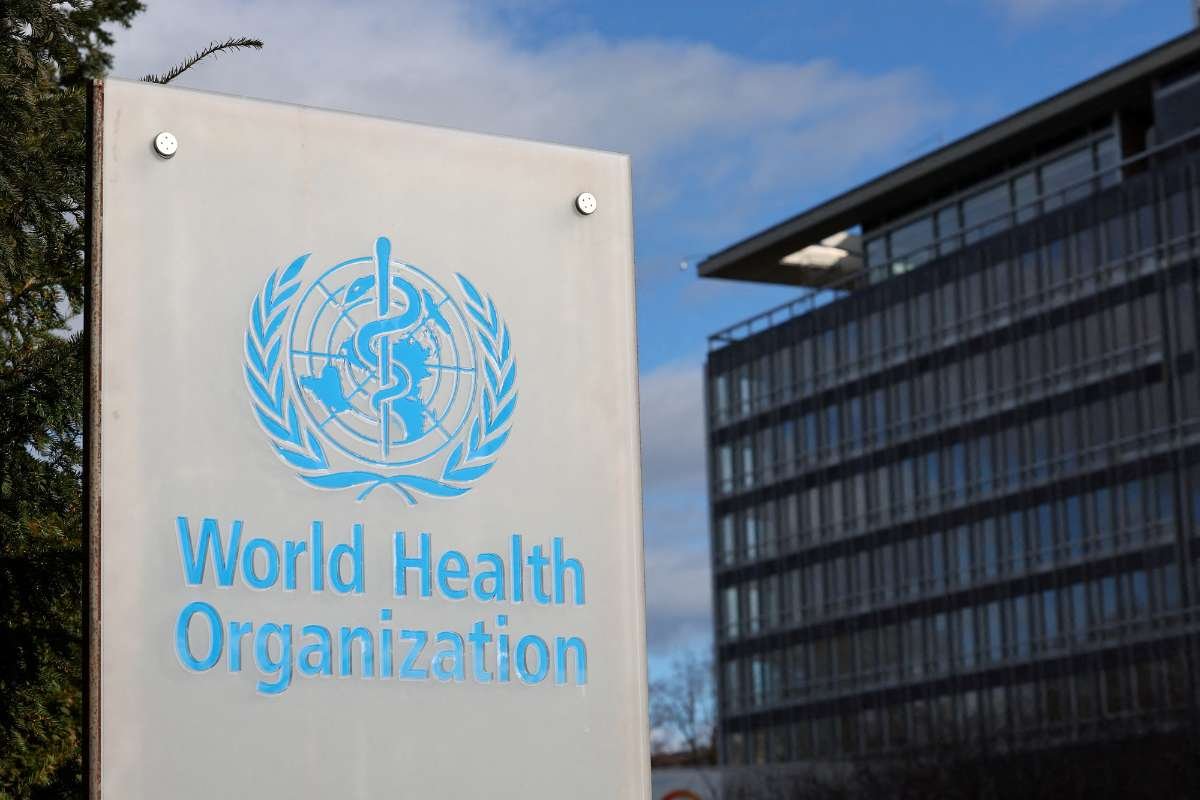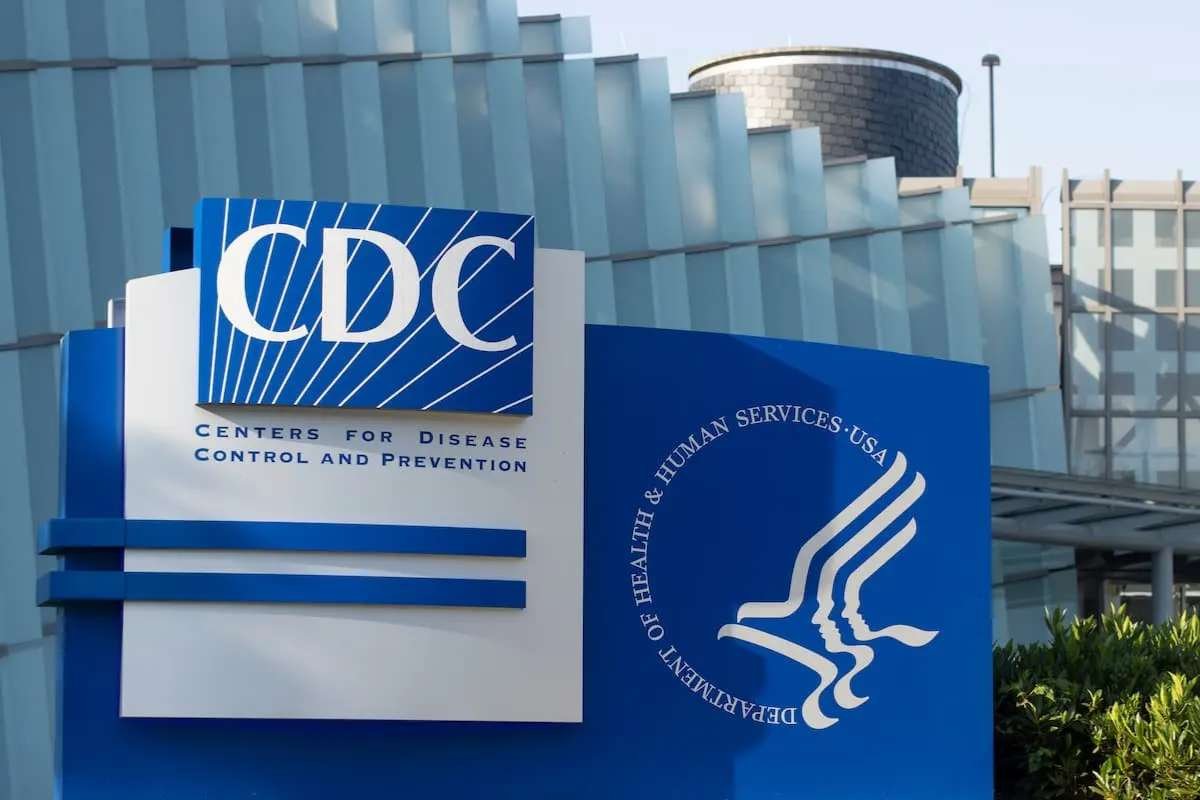Pregnancy is a significant journey marked by joy, anticipation, and a multitude of changes, both physical and emotional. In recent years, the Impact of technology on pregnancy care have changed, offering expectant mothers a wealth of resources and support like never before. From wearable devices to telemedicine platforms, technology has transformed the landscape of maternal healthcare, enhancing safety, accessibility, and overall well-being for mothers and their babies.
Understanding the Impact of Technology on Pregnancy Care:
1. Prenatal Monitoring Devices:
Wearable devices such as smartwatches and fitness trackers equipped with advanced sensors allow expectant mothers to monitor vital signs, track fetal movements, and assess their overall health in real time.
These devices provide valuable data to healthcare providers, enabling early detection of potential complications and proactive intervention when necessary, thereby improving pregnancy outcomes.
Examples include devices like the Bloomlife contraction monitor, which helps women track and understand their contractions during labor, and the Owlet Smart Sock, which monitors a baby’s heart rate and oxygen levels while they sleep.
2. Telemedicine and Virtual Consultations:

Telemedicine platforms have become increasingly popular for prenatal care, offering expectant mothers convenient access to healthcare professionals from the comfort of their homes.
Through video consultations and virtual appointments, pregnant women can receive personalized guidance, discuss concerns, and receive timely medical advice without the need for frequent in-person visits.
This technology has been particularly beneficial for women in rural or underserved areas who may have limited access to obstetric care facilities.
3. Mobile Applications for Pregnancy Tracking:
A plethora of mobile applications are available to help women track their pregnancy journey, offering features such as due date calculators, fetal development guides, and symptom trackers.
These apps provide educational resources, tips for healthy living during pregnancy, and tools for monitoring diet, exercise, and medication intake.
Popular pregnancy tracking apps include Ovia Pregnancy, BabyCenter, and What to Expect, which boast millions of downloads and positive user reviews.
4. Artificial Intelligence in Fetal Health Monitoring:
Artificial intelligence (AI) algorithms are being integrated into medical devices to enhance fetal health monitoring and risk assessment during pregnancy.
AI-powered ultrasound systems can analyze fetal images in real-time, detecting abnormalities and anomalies with greater accuracy than traditional methods.
These advancements enable early detection of congenital conditions, allowing healthcare providers to develop personalized treatment plans and improve outcomes for both mother and baby.
5. Remote Fetal Monitoring Systems:

Remote fetal monitoring systems utilize wireless technology to monitor fetal heart rate and uterine contractions from home.
These systems provide expectant mothers with peace of mind and allow healthcare providers to remotely assess fetal well-being, reducing the need for frequent hospital visits.
Products like the Monica AN24 monitor and the Sense4Baby system offer non-invasive, continuous monitoring of fetal health, empowering women to take an active role in their prenatal care.
The Benefits of the Impact of Technology on Pregnancy Care:
1. Enhanced Safety and Monitoring:
The impact of technology on pregnancy care facilitates continuous monitoring of maternal and fetal health, enabling early detection of potential complications and prompt intervention when necessary.
Remote monitoring systems and wearable devices provide real-time data, allowing healthcare providers to identify issues and provide personalized care plans, ultimately improving outcomes for mothers and babies.
2. Improved Accessibility and Convenience:
Telemedicine platforms and mobile applications offer convenient access to prenatal care, particularly for women in remote or underserved areas.
Expectant mothers can schedule virtual appointments, access educational resources, and communicate with healthcare providers from anywhere, reducing barriers to care and promoting greater engagement in the pregnancy journey.
3. Empowerment and Education:
Impact of technology on pregnancy care empowers women to take an active role in their health and well-being throughout pregnancy.
Mobile apps and wearable devices provide educational resources, personalized insights, and tracking tools, allowing women to make informed decisions and maintain a healthy lifestyle during pregnancy.
4. Early Detection and Intervention:
AI algorithms and advanced monitoring systems enable early detection of fetal abnormalities and maternal health issues, leading to timely intervention and improved outcomes.
By identifying potential risks early in pregnancy, healthcare providers can implement preventive measures, initiate treatment plans, and optimize maternal and fetal health.
5. Support and Community Engagement:

Pregnancy tracking apps and online forums create a supportive community where expectant mothers can connect with peers, share experiences, and seek advice.
These digital platforms offer a sense of camaraderie and support, reducing feelings of isolation and providing emotional encouragement throughout the pregnancy journey.
Conclusion:
The impact of technology on pregnancy care is profound, ushering in a new era of innovation, accessibility, and empowerment for expectant mothers worldwide. From wearable devices and telemedicine platforms to AI-powered monitoring systems, technology has revolutionized the way we approach maternal healthcare, enhancing safety, convenience, and overall well-being for mothers and their babies. As technology continues to evolve, the future of pregnancy care holds immense promise, with advancements poised to further improve outcomes, promote inclusivity, and transform the pregnancy experience for generations to come.









